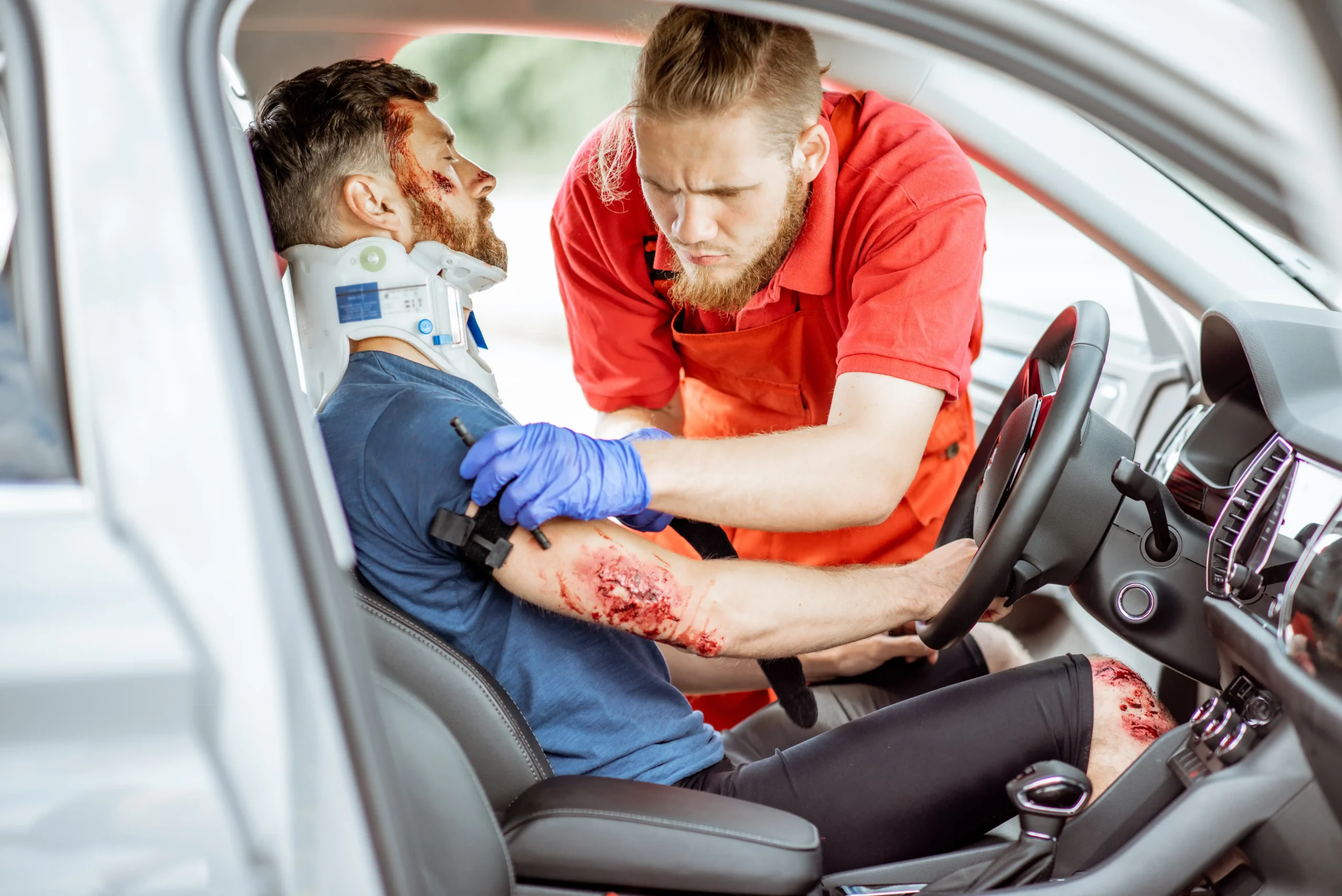Personal injury protection (PIP) is a type of auto insurance coverage designed to provide financial compensation for medical expenses and other losses resulting from a car accident. Unlike traditional liability insurance, which covers damages caused to others, PIP primarily focuses on the policyholder’s own injuries and losses.
What Does PIP Mean?
PIP is a crucial component of auto insurance policies in many states. It offers a layer of protection that can be invaluable in the event of an accident. By understanding what PIP means and how it works, you can make informed decisions about your insurance coverage and be prepared for any unforeseen circumstances.
What is Personal Injury Protection Insurance?
Personal injury protection insurance, often referred to simply as PIP, is a type of auto insurance coverage that provides compensation for medical expenses, lost wages, and other losses incurred by the policyholder or their family members in the event of a car accident. It is designed to offer financial stability during a difficult time and help with recovery costs.
What is Personal Injury?
Personal injury refers to any physical or emotional harm caused by another person’s negligence or wrongful actions. It can include a wide range of injuries, such as:
- Physical injuries: Broken bones, cuts, burns, concussions, traumatic brain injuries
- Emotional injuries: PTSD, anxiety, depression, loss of consortium
How PIP Works
PIP operates on a “no-fault” basis, meaning that the policyholder can receive benefits regardless of who is at fault for the accident. This can be particularly beneficial in cases where determining fault is difficult or when the other driver is uninsured or underinsured.
Benefits of PIP
- Prompt medical coverage: PIP often provides immediate access to medical care without the need for lengthy claims processes.
- Financial stability: By covering medical expenses and lost wages, PIP can help maintain financial stability during a difficult time.
- Peace of mind: Knowing that you have PIP coverage can provide peace of mind in the event of an accident.
What Does PIP Cover?
PIP coverage typically includes:
- Medical expenses: Costs of doctors’ visits, hospital stays, surgeries, medications, and rehabilitation
- Lost wages: Compensation for income lost due to injuries or disability
- Disability benefits: Payments to help replace lost income if the policyholder becomes permanently disabled
- Death benefits: Payments to beneficiaries in the event of death resulting from an accident
- Other potential coverages: Some PIP policies may also cover household services, funeral expenses, or rental car reimbursement.
How PIP is Different from Health Insurance
While both PIP and health insurance cover medical expenses, there are several key differences:
- No-fault coverage: PIP is typically no-fault coverage, meaning benefits are paid regardless of who is at fault for the accident. Health insurance coverage may be subject to certain eligibility requirements.
- Limitations on PIP coverage: PIP coverage may have limitations on the amount of benefits paid, while health insurance coverage may have higher limits.
Factors Affecting PIP Coverage
Several factors can affect the amount and availability of PIP coverage:
- State laws and regulations: PIP laws vary significantly from state to state, affecting coverage limits, eligibility requirements, and other aspects of the policy.
- Insurance policy terms and conditions: The specific terms and conditions of your insurance policy will determine the extent of your PIP coverage.
- Accident circumstances: The severity of the accident and the nature of your injuries will also influence the amount of PIP benefits you may receive.
Tips for Filing a PIP Claim
- Report the accident promptly: Notify your insurance company as soon as possible after the accident.
- Seek medical attention immediately: Even if you do not feel seriously injured, it is important to seek medical attention to document your injuries.
- Gather evidence: Collect any evidence related to the accident, such as photos, witness statements, or police reports.
- Contact your insurance company: Follow your insurance company’s guidelines for filing a PIP claim.
- Work with a qualified attorney: If you have complex injuries or are facing difficulties with your insurance company, consider consulting with an attorney who specializes in personal injury law.
Conclusion
Personal injury protection (PIP) is an essential component of auto insurance coverage that can provide financial security in the event of an accident. By understanding what PIP is, how it works, and what it covers, you can make informed decisions about your insurance coverage and be prepared for any unforeseen circumstances.
Nick
Nikhil Sethi has been working in digital marketing for 16 years. He’s seen how it’s changed over time and has learned to keep up. He’s worked with many different kinds of businesses and knows how to make plans that work. Nikhil loves teaching others and finding new ways to reach people online.
